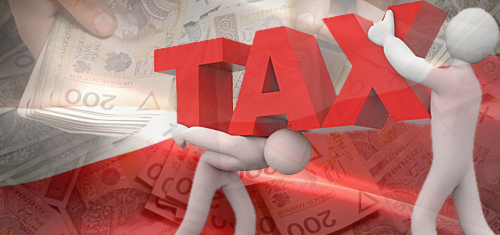 Poland’s plan to maintain its 12% tax on online sports betting turnover won’t fix its broken regulatory regime, warns the Remote Gambling Association (RGA).
Poland’s plan to maintain its 12% tax on online sports betting turnover won’t fix its broken regulatory regime, warns the Remote Gambling Association (RGA).
This summer, Poland unveiled long-awaited amendments to the Polish Gambling Act, which maintained the country’s reviled 12% tax on sports betting turnover, ignoring recommendations by cabinet ministers to opt for a less punitive 20% tax on betting revenue.
On Tuesday, the RGA issued a statement warning Poland that its turnover tax “has so far failed to build an attractive regime and it is bound to continue to do so, if not changed.” Only five operators have been issued Polish licenses since the country officially launched its regulated online gambling market in 2011.
The RGA believes the turnover tax makes it impossible for online operators to provide “the required level of value and choice to Polish consumers,” leaving said consumers to “seek out better offerings from operators who are licensed outside of Poland.” The RGA also heaped scorn on Polish efforts to block punters’ access to these sites, saying such measures “can be easily circumvented.”
Poland’s gambling revisions also dealt a blow to international online casino operators by restricting online casino activity to the state-owned lottery operator Totalizator Sportowy. But international online poker operators had celebrated the government’s apparent willingness to relax its prohibition of online poker.
However, since those early reports, legal analysts have concluded that online poker may actually be included in the amendments’ definition of online casino, which would leave online poker also under the control of the lottery monopoly. That would leave international operators (and Polish players) out in the cold, although a lone operator may be granted a service provider license by the lottery monopoly.
Poland’s new gambling regime is slated to take effect on Jan. 1, 2017, provided the changes pass muster with European Union legal eagles.